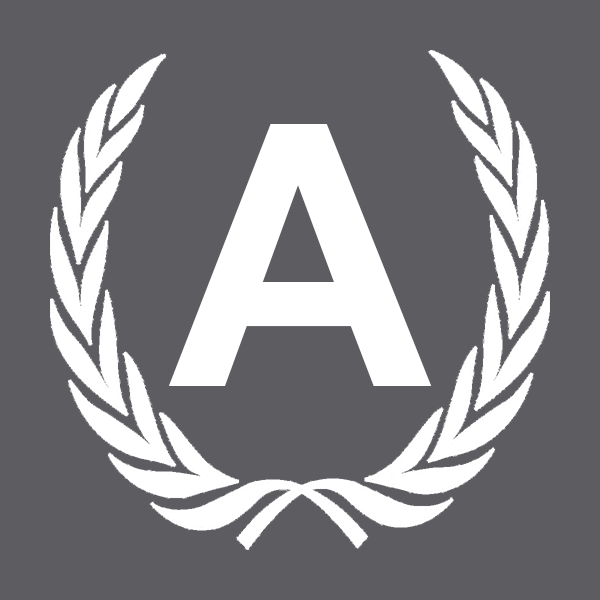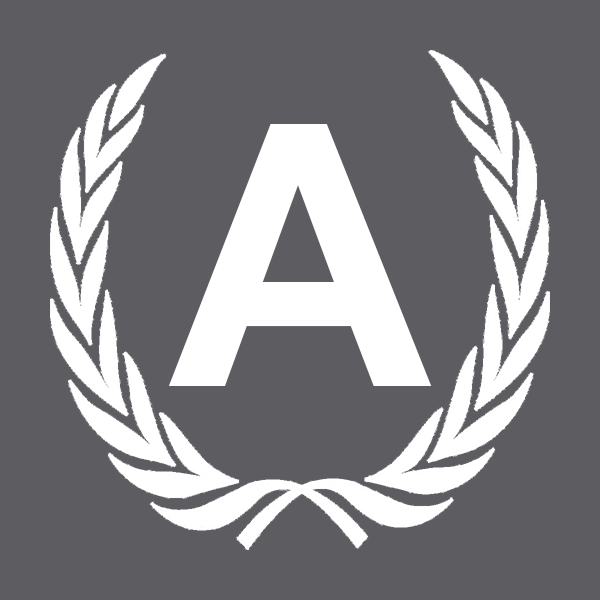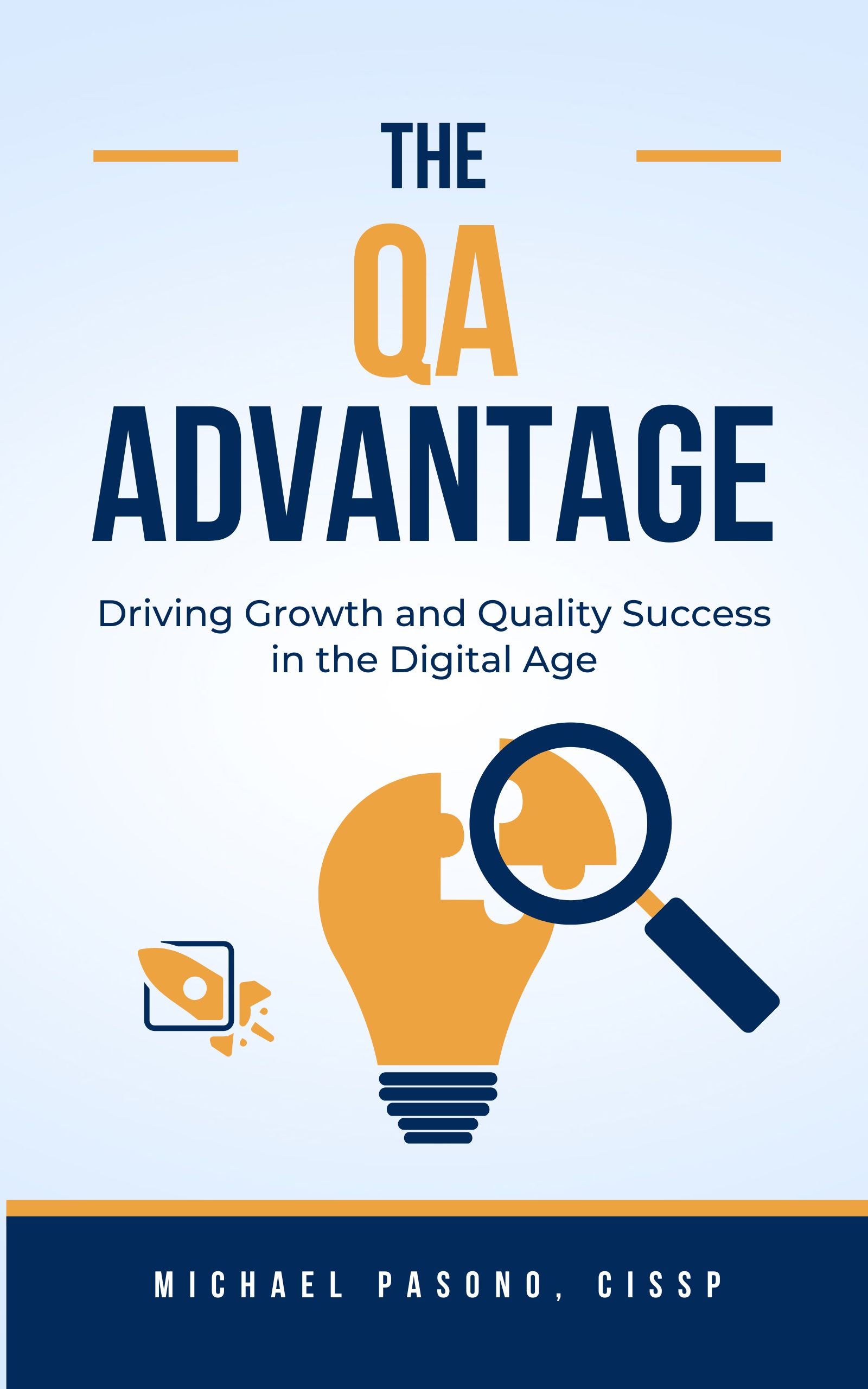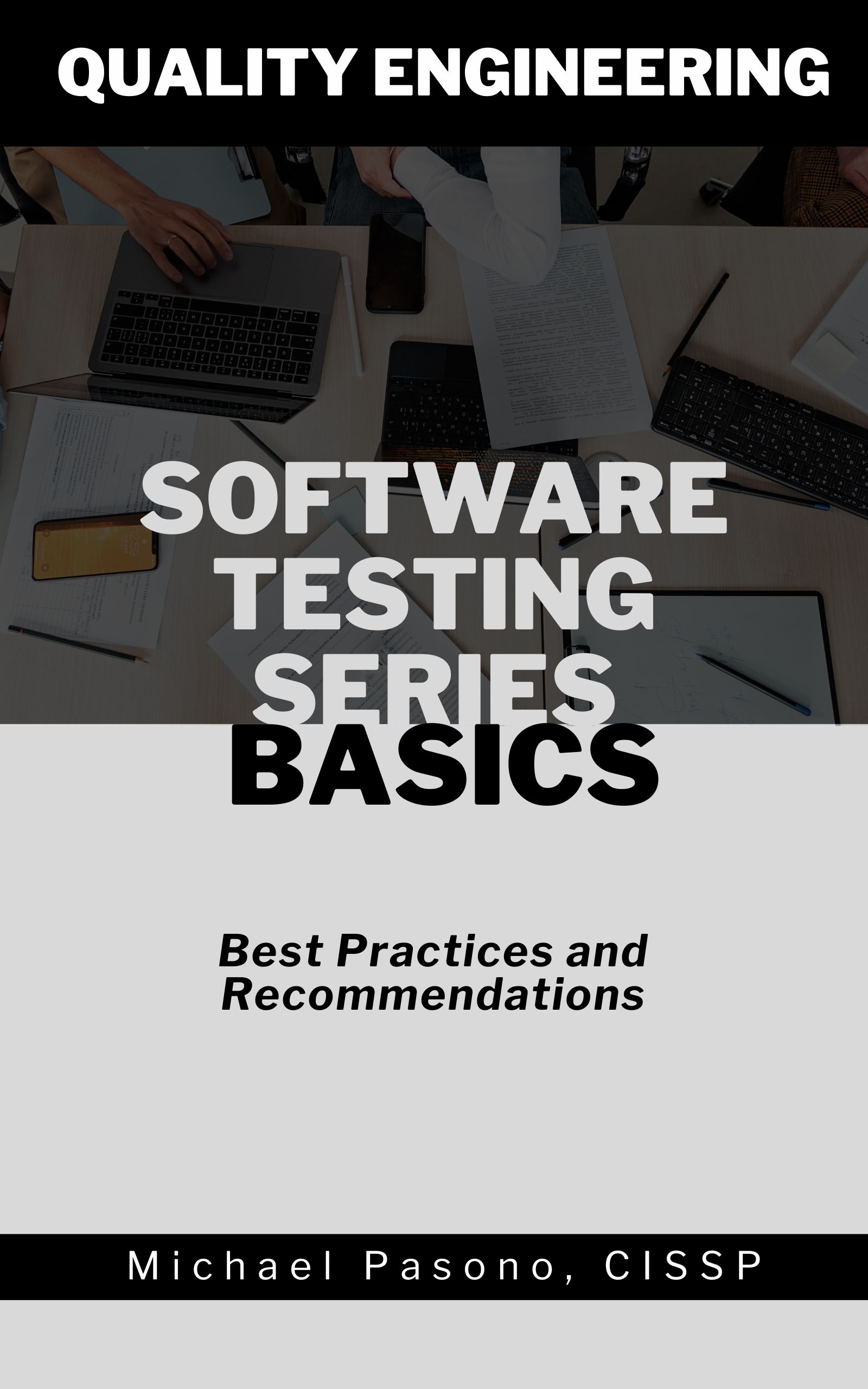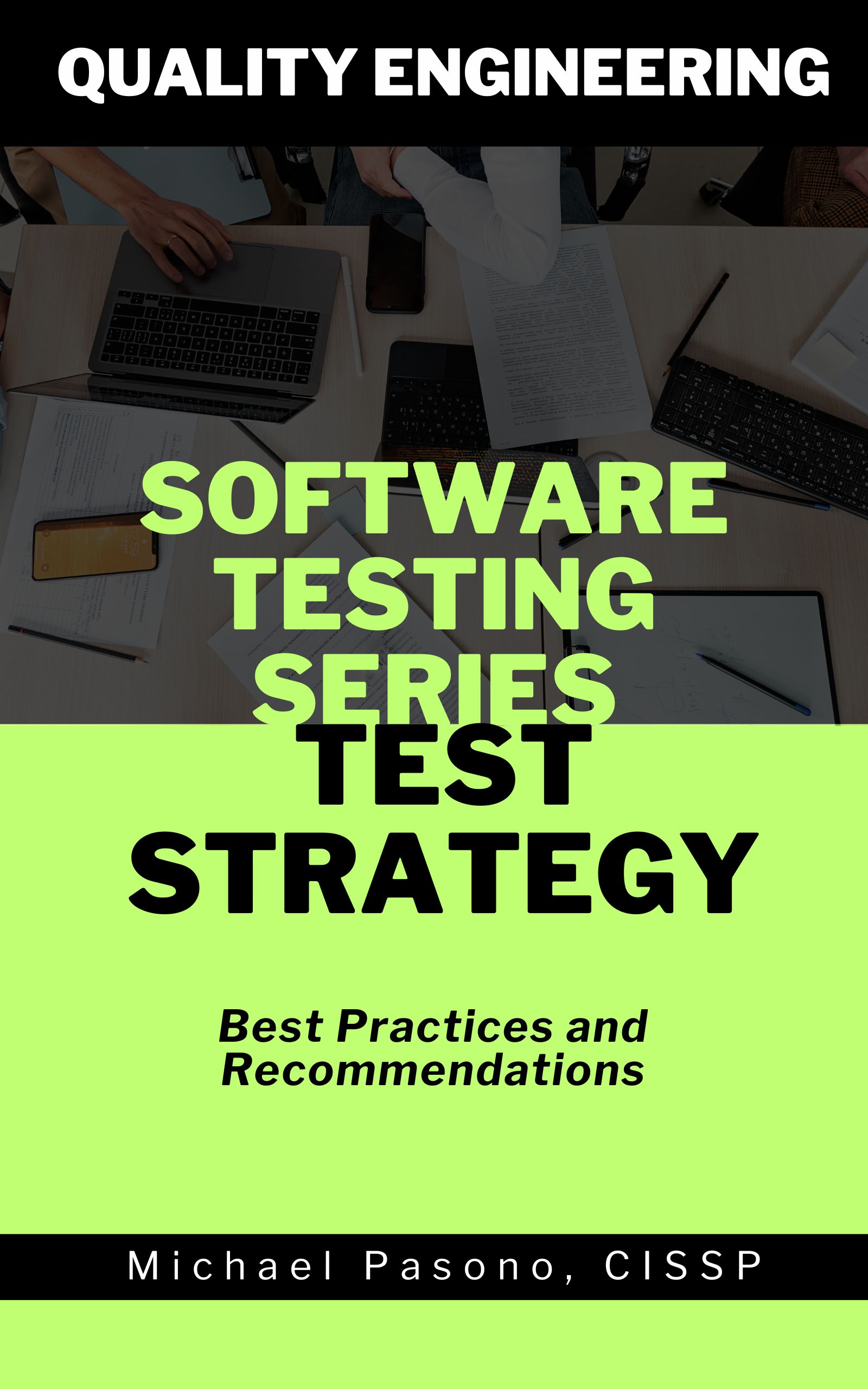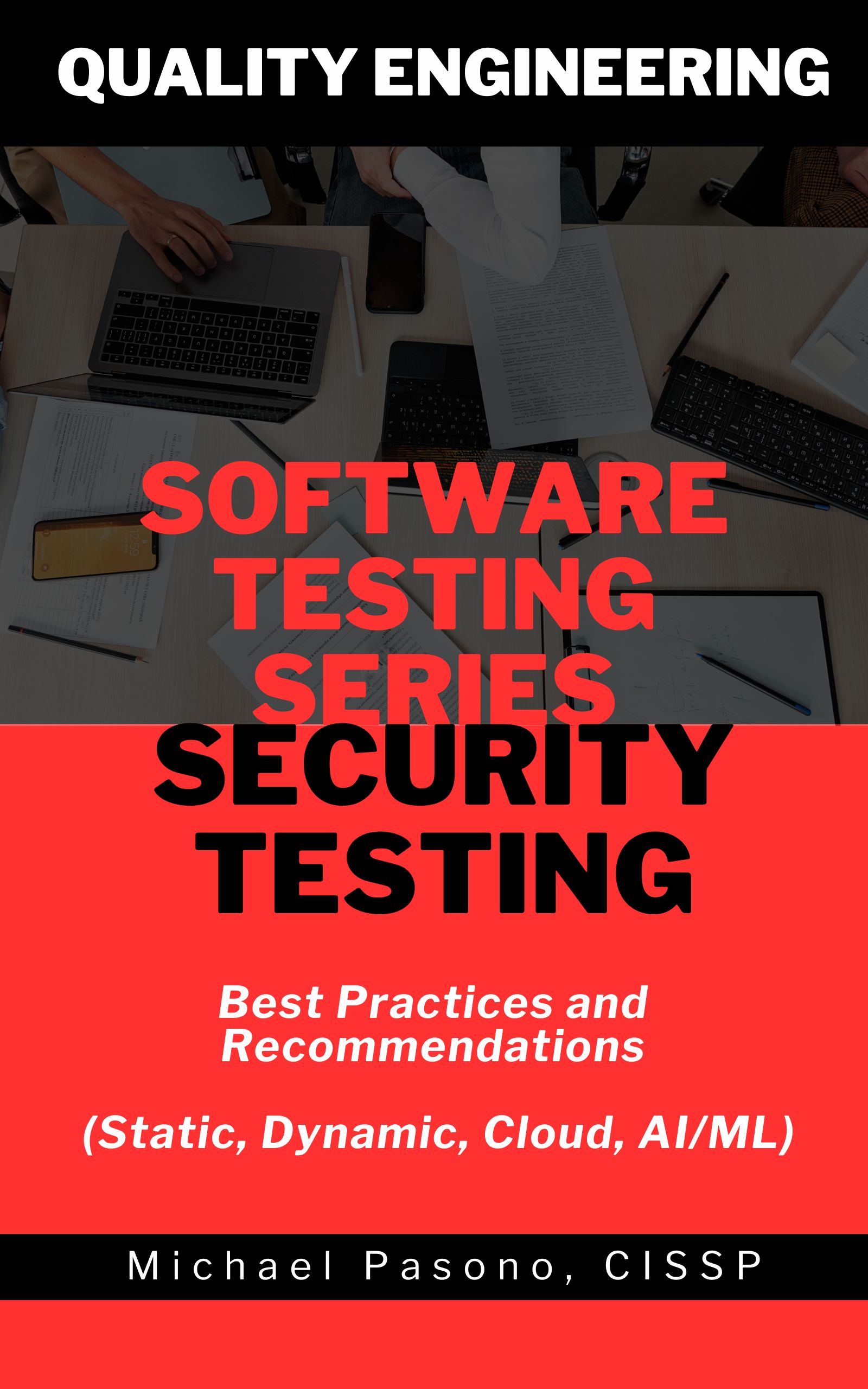Our goal is to help educate folks that are maybe new to the industry or looking to move to the next level in QA or software testing. Please see our top 5 list to prep for Quality Engineering role.
Note: Some of these tips apply to more than just the QA industry!
# 5 – Education and Thirst for Knowledge (Prep for Quality Engineering Role)
This is probably no surprise but learning more about different QA subjects will increase your chances of securing your next position. QA and Software Testing is a very niche area and not many schools or colleges offer the right level of education. If you are new to the QA and Software testing industry, make sure you follow QA and Testing leaders on social media such as Twitter because you can learn things that no high-ranking college can offer. Along with keeping up with social media, search and read relevant QA books for the position you are thinking of applying for. Think of how those topics can relate to other experiences maybe outside of the QA space and use those as talking points in your next interview.
# 4 – Virtual Experience (Prep for Quality Engineering Role)
In 2020, many businesses needed to adapt and allow more employees to work from home. For some of us in the QA and Software Testing community, this was already a normal way of life. The truth is a lot of the careers in QA and Software Testing can be done remotely. Showcase how much experience you have working from home and link it to successful accomplishments goes a long way. This allows employers the reassurance that you can get things done wherever you are physically located.
# 3 – Application Process (Prep for Quality Engineering Role)
The application process can be a scary place to navigate. Many HR systems are computerized and have algorithms to find keywords in your resume. The key here is to make sure your resume is in a standard format like MS Word and doesn’t have too many fancy formatting features that can kick out resumes if they are not readable by the HR computer system. Make sure you are updating your resume very specific to the job you are applying for. Make sure the keywords are directly related to your past experiences as much as possible. If the system allows for more than 1 attachment, try creating a visual snapshot resume which is more appealing to read and stands out.
Since its always good to have more than 1 set of eyes on your resume, we recommend leveraging the gig economy and hire a freelancer specializing in resume writing.

Professional Resume Writing
Once you have a solid resume, now is the fun part. Applying to roles… if you are targeting a specific role that is great technique but sometimes you just need to get your resume in as many job boards as quickly as possible. We recommend leveraging Resume Robin to make this happen. You can submit your resume to 100’s of job boards allowing employers and recruiters to find your niche skills.
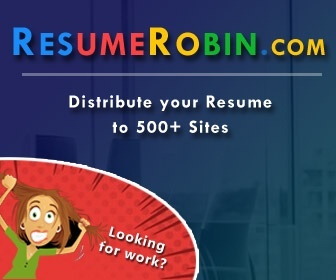
Use promo code ‘tktb3’ to get $5 off!
# 2 – Communication (Prep for Quality Engineering Role)
The next role in QA and Software Testing likely needs someone with strong verbal and written communication skills. This soft skill is very important as many new technologies can be learned, it’s much harder to learn proper soft skills at the same rapid pace. A big part of your next role will likely be communicating risks and issues found, knowing your audience, and how to send that message is key.
One way to stand out is to have a strong personal brand. This can be anything from setting up your own personal website and/or even creating a blog or vlog. This shows employers that you are passionate about what you do.
We recommend leveraging Fiverr. They offer reasonable digital learning courses for areas you might need help in. Such as setting up a website or even branding yourself!

Learn Practical Digital Skills
#1 – Interview (Prep for Quality Engineering Role)
Obviously this is the most critical step needed to secure your next role in QA or software testing. Many interview formats today are both virtual and panel based. If your interview is virtual, make sure you login 5 minutes before and no earlier than 15 minutes prior. If some members of the panel are yet to join, create a light conversation to lower stress levels.
Come prepared. You must have 1-5 questions you would like to find out more about the company, role, or management.
Most interviews are based on some scoring method. Make sure you are answering the questions based on an industry leading format such as situational. You can use the acronym STAR. S = Explain the Situation, T = Describe the Task, A = Tell the action taken, and R = Explain the result. Therefore, be sure you research some interview questions before and align your responses using the STAR method.
Also you might be some hypothetical questions at the end that do not seem relevant to the job but note these are questions that test your creativity and quick thinking.
Bonus – Interview Follow-up
Many people send thank you emails to the hiring managers as a “best practice” but make sure it stands out. Tie thank you directly to a part of the interview that would be memorable. The key here is to standout as you are probably in the top 3-5 applicants. If your interview is in an office building, you may also want to have some physical thank you notes brought with you to the interview to be used right after. Write down the memorable moment and directly put in the closest mailbox. Don’t forget the stamp!
How can I learn skills to be a Quality Engineer or Software Tester
Becoming a quality engineer or a software tester with a focus on DevOps and AI involves a multifaceted approach that combines education, hands-on experience, and continuous learning. You typically start as a manual tester and evolve into more technical testing roles.
Here’s a step-by-step guide to help you embark on this career path:
Understand the Fundamentals
Start by gaining a solid understanding of software testing principles, quality assurance methodologies, and DevOps practices. Familiarize yourself with concepts such as continuous integration, continuous delivery (CI/CD), version control, and automated testing. You can find this by referencing our blog or our books on software testing.
Acquire Technical Skills
Develop proficiency in programming languages commonly used in DevOps and AI, such as Python, Java, or JavaScript. Learn how to use testing frameworks and tools like Selenium, JUnit, TestNG, and JMeter for automation testing. Additionally, explore cloud platforms like AWS, Azure, or Google Cloud, as well as containerization technologies like Docker and Kubernetes. You can reference many free online courses or YouTube videos on whatever technology you are looking to learn more about.
Deepen Your Knowledge of AI
Since you’re interested in focusing on AI, invest time in understanding machine learning algorithms, natural language processing (NLP), computer vision, and other AI-related concepts. Explore popular AI frameworks such as TensorFlow, PyTorch, and scikit-learn. Understanding AI will enable you to incorporate AI-driven testing techniques into your quality engineering practices. You can reference many free online courses or YouTube videos on whatever technology you are looking to learn more about.
Gain Hands-On Experience
Apply your knowledge in real-world projects by participating in internships, freelance opportunities, or open-source projects. Seek out roles that involve testing AI-powered applications or integrating AI capabilities into DevOps pipelines. Hands-on experience will help you develop practical skills and demonstrate your proficiency to potential employers.
Stay Updated with Industry Trends
The fields of DevOps and AI are constantly evolving, with new tools, techniques, and best practices emerging regularly. Stay updated with industry trends by reading blogs, attending conferences, and joining professional networks. Engage with experts in the field and participate in relevant online communities to broaden your knowledge and stay ahead of the curve.
Earn Certifications
Consider pursuing certifications that validate your skills and expertise in quality engineering, DevOps, and AI. For example, certifications like ISTQB (International Software Testing Qualifications Board), AWS Certified DevOps Engineer, and Google Cloud AI Platform certifications can enhance your credibility and marketability in the job market.
Build a Strong Portfolio
Showcase your skills and accomplishments by building a strong portfolio that highlights your relevant projects, contributions, and achievements. Include details about the tools, technologies, and methodologies you’ve used, along with any measurable outcomes or improvements you’ve achieved through your work.
Network and Seek Mentorship
Connect with professionals working in quality engineering, DevOps, and AI through networking events, LinkedIn, and professional organizations. Seek mentorship from experienced practitioners who can provide guidance, advice, and insights into career advancement opportunities.
Follow Apply QA socials. (LinkedIn) (X) (Facebook)
By following these steps and maintaining a commitment to continuous learning and professional development, you can position yourself as a senior quality engineer with a specialized focus on DevOps and AI, ready to contribute to innovative and high-impact projects in the technology industry.
Most companies look for these skills to help reduce manual work and automate for future software development.
How can Apply QA help me grow
Apply QA is an industry leader in quality engineering best practices, education, career mentoring, job board, and consulting. Please see each area below for how we can help.
Best Practices
Apply QA offers free blog posts on different quality engineering and software testing topics. You can view the blog here.
Educational Material
The owner of Apply QA has written many articles and books on Quality Assurance, Quality Engineering, and Software Testing over the years. Along with heavy focus on security, advanced technology testing such as cloud and AI. These books can be found here.
Career Mentoring
Apply QA recognizes that it helps to have a quality mentor to help elevate your quality engineering and software testing career. Mentoring services can be found here.
Job Board
Once you have acquired the skills to be a solid quality engineer or software tester, we have partnered with a job aggregator to pull together recent, relevant quality or software testing jobs. The job board can be found here.
Also, if you are a hiring manager looking for a “quality” testing candidate. We do offer sponsor listings on top, please contact us for more information on our low-cost pricing.
Consulting and Testing Services
Lastly, we can offer quick improvements by leveraging our existing expertise in many different areas.
Quality Engineering Improvement
Offering consulting and advisory services from setting up a quality engineering department to pinpoint areas of improvement for existing processes.
Penetration Testing Services
HackTestMe.com provides independent, cost-efficient packages to test the security of your product or service. If you are a company that needs to conduct this testing due to contractual or regulatory needs, or even curiosity, this is a great service.
Web Design Services
Offering web design and optimization services. Partner with us to produce a high-quality product.
